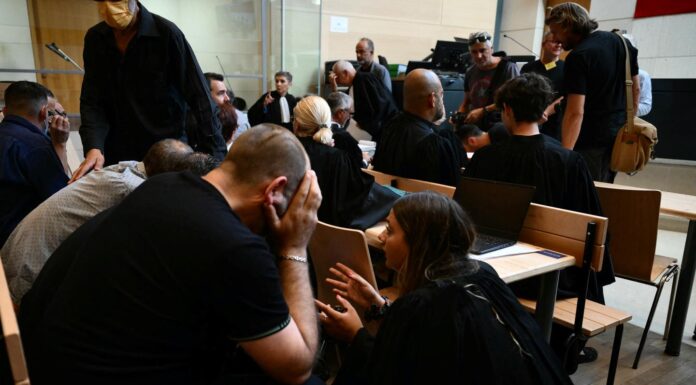A proposal on combatting child sexual abuse has been watered down by some EU justice ministers, with others expressing their regret at certain elements of the proposal being removed entirely.
With the development of new technologies, sexual abuse of children has seen a rise in Europe.
The EU is therefore looking to update its directive on combatting the sexual abuse and sexual exploitation of children, which dates back to 2011.
However, the EU Commission’s initial proposal has been watered down by the justice ministers of several EU countries. Seven Member States, which include Belgium, Finland and Ireland, expressed their regret at the removal of certain parts of the proposal.
“We deeply regret that the majority of Member States were unable to support a more ambitious approach aimed at ensuring that children who have reached the age of sexual consent receive the strongest and most comprehensive legal protection possible against unwanted sexual acts,” they wrote in a press release.
Key issues remained unaddressed
Isaline Wittorski, EU regional coordinator at child rights organisation ECPAT International, is particularly concerned regarding Member States’ opposition to the extension of the limitation period for pursuing child sexual abuse cases.
She also regrets that “grooming” – the process by which an adult intentionally approaches minors and manipulates them for sexual purposes – for children who have reached the age of sexual consent was not addressed by the Council.
“The Member States expressly refused to recognise in the text that a child in a state of shock or intoxication cannot be considered to have consented to sexual abuse”, she adds.
Harmonisation of penalties
The Commission’s proposal aims to harmonise the definition of sexual violence against minors and penalties within the EU.
It will also update criminal law in order to criminalise the rape of children broadcast live on the internet, as well as the possession and exchange of paedophile manuals and child abuse deepfakes.
MEPs, for their part, should support a more ambitious directive. Birgit Sippel, a German MEP (S&D), is calling for longer limitation periods.
“Many children who have been abused take years or even decades before they dare to go to court or to a police station. So this is a very important step that is missing from the current directive,” the MEP told Euronews.
“Unfortunately, what I see is that the Council is watering down almost everything that could improve the current directive. It will therefore be very important for the EU Parliament to maintain a very strong position and force the Council to go further and not limit itself to the current directive,” she added.
The proposal’s text can still be amended. After a vote by MEPs, negotiations will take place between the EU Commission, the European Council and the European Parliament.
It is estimated that one in five children in Europe is a victim of some form of sexual violence.
In 2022 alone, there were 1.5 million reports of child sexual abuse in the EU.
Ministers also failed to reach agreement on another regulatory text aimed at combatting the sexual abuse of children online, which aims to force platforms to detect and remove content depicting sexual violence against minors. This proposal caused a clash between children’s rights defenders and privacy protection lobbies.













